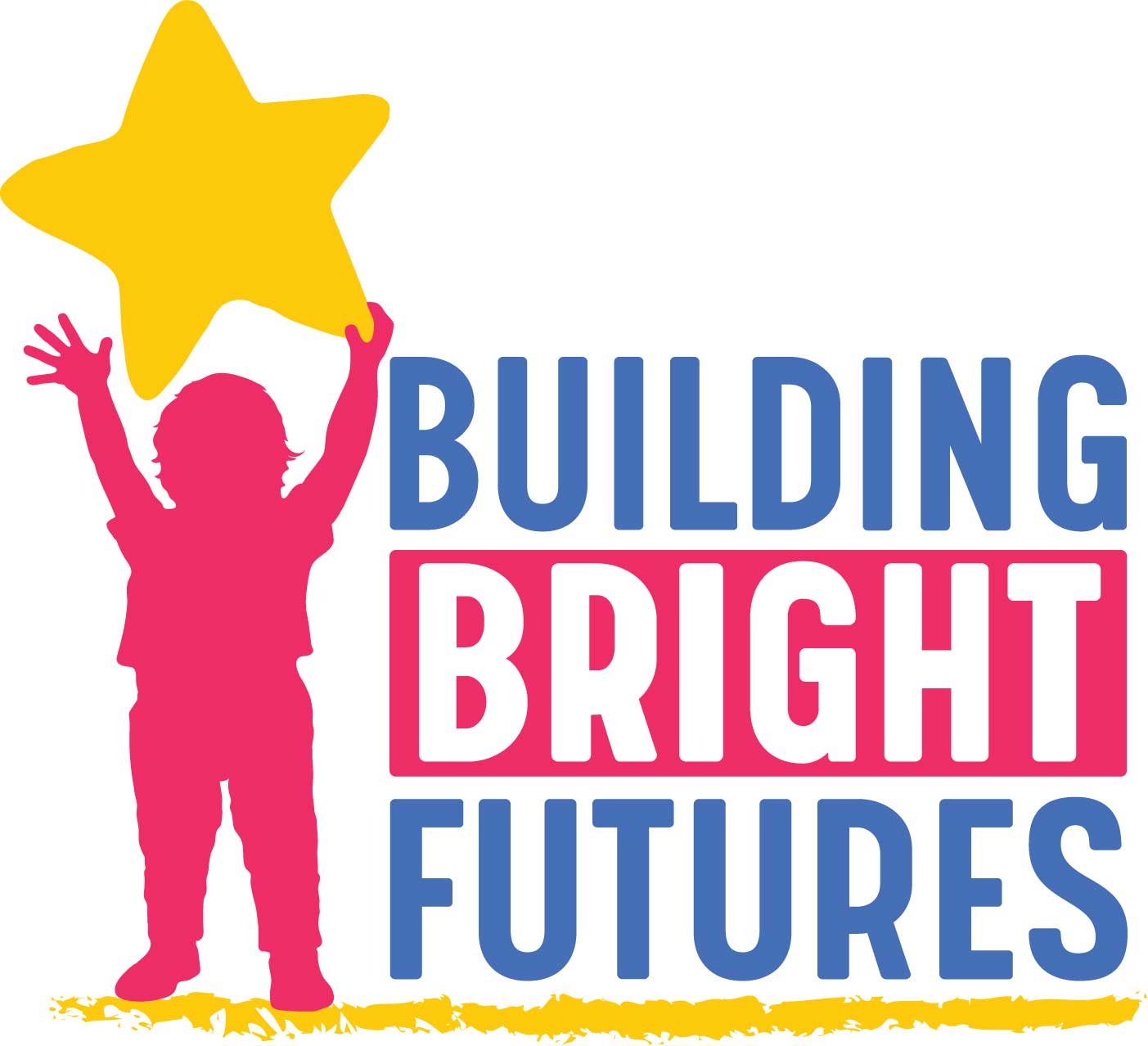Building Bright Futures just released the 2019 How Are Vermont’s Young Children and Families report. As a State Advisory Council (SAC) priority for both 2018 and 2019, Early Childhood and Family Mental Health (ECFMH) is a primary focus of the report with our first ever Data Spotlight in addition to the SAC recommendations. It is important for policy makers and stakeholders to have the most up-to-date, high quality data to inform mental health policy and service provision for young children and their families. The full ECFMH task force report will be coming out soon, but in the meantime, read on to see the data spotlight and SAC recommendations.
Vermont Insights is the premier source for data about Vermont’s children, families, and communities. In addition to the full report, you can find regularly updated indicators often including age and regional breakdowns at VermontInsights.com.
Early Childhood and Family Mental Health Spotlight
Mental health is a crucial part of a person’s overall health and well-being. Early childhood mental health refers to the social, emotional, and behavioral well-being of young children and their families, including the capacity to experience, regulate, and express emotion, form close, secure relationships, and explore the environment and learn. Optimal mental health allows children to develop the resilience to cope with whatever life throws at them and grow into well-rounded, healthy adults. For children, mental health challenges can impact their ability to access school or child care, develop peer relationships, and can have lifelong impacts. Over time, Vermont’s mental health system has seen a consistent increase in young children accessing many types of services from Designated Agencies[i], and a striking growth in the use of crisis services[ii] (see Figures 1 and 2).


For this reason, in addition to reports of increased acuity from practitioners, BBF’s State Advisory Council made early childhood and family mental health a top priority for 2019. The Council’s recommendations to improve systems and supports for families are below.
The Need for Services
Children’s mental health problems are real, common, and treatable. They include depression, anxiety, and attention and behavioral concerns. One in five children betweenthe ages of 6 and 8 has a social, emotional, or behavioral health condition.[iii]

While the need for residential care is uncommon for young children, for some, programming aimed at behavioral change administered by qualified staff in a 24- hour residential setting is necessary. In FY2019, thirty-five children ages 5-10 were placed in residential care.[iv]
Assessing Children’s Needs and Strengths
Children exposed to trauma may develop mental health challenges. When a child’s ability to cope with trauma is overwhelmed and social-emotional difficulties emerge, practitioners will assess their situation using the Child and Adolescent Needs and Strengths (CANS) tool. Of children assessed in Vermont, 89% have a history of trauma. Just over half report having a stable caregiver in their lives. Also, only 40% report having a connection to their community.[v]
Recommendations to Support the Mental Health of Children and Families
The State Advisory Council (SAC) is the Governor-appointed early childhood advisory body that works to set priorities and direction for statewide initiatives on behalf of Vermont’s young children. In 2019, the SAC worked to drive collective action in Vermont around two key areas: addressing early childhood and family mental health, and building capacity for Vermont’s early care and learning system.
Why It Matters
Early childhood mental health is the foundation of all future development. Positive environments and stable, responsive relationships build a strong foundation which shape a child’s ability to make friends, cope with adversity, and achieve success in school, work, and community.
Opportunity for Vermont to Turn the Curve
Building Bright Futures State Advisory Council identified early childhood and family mental health as a priority on which to focus in 2019. The Council learned from families and those working in early childhood about the increased demand for early childhood mental health services across the state. They also had a growing concern for increased acuity of needs by Vermont families with young children. In response, BBF convened an Early Childhood Mental Health Taskforce to identify barriers and policy needs to reach a more integrated system. The following recommendations are highlighted for policy makers to note where greater investment is needed.
Recommendation 1: Build the capacity of parents and caregivers to promote children’s health and well-being.
The healthier parents and caregivers are, the greater the capacity to stay calm under pressure and support their children’s emotional development. We must provide adults involved in the lives of infants, toddlers, and preschoolers the knowledge to promote social and emotional development.
Opportunity for Vermont to Turn the Curve:
- Embed the Strengthening Families Protective Factors framework in all early care and learning programs to build family strengths, enhance child development, and reduce the likelihood of child abuse and neglect. The five protective factors are: parental resilience; social connection; knowledge of parenting and child development; concrete support in times of need; and social and emotional competence of children.
- Expand opportunities to foster secure attachment between children and their parents. Successful models include MESCH home visiting; home visiting and parental support through Parent Child Centers; Children’s Integrated Services; and the Resources Parent Curriculum for foster, adoptive, and kin caregivers about the impact of trauma on the development, attachment, and behaviors of children in their care.
Recommendation 2: Ensure families are partners in Mental Health.
Family-centered care ensures families have a primary decision-making role in the care of their children. Creating meaningful partnerships leads to better outcomes for children.
Opportunity for Vermont to Turn the Curve:
- Build a system where families know where to go for help, and supports are provided in an accessible, culturally-competent way. Ensure families are involved in what care their child needs, and support transitions from early childhood to pre-K to the elementary education system.
- Ensure families are in leadership positions to inform policy, practice, and funding decisions such as Head Start Policy Councils, Designated Agency committees with families advising on early childhood Part B and C services, BBF Families and Communities Committee, and Local and State Interagency Teams (Act 264 Teams).
Recommendation 3: Investment in prevention and early detection builds resilient children who turn into resilient adults.
Interventions at this age have the biggest impact at the smallest dosage. A tiered approach provides universal supports and prevention practices to all children and individualized interventions to the very small number of children with persistent challenges.
Opportunity for Vermont to Turn the Curve:
- Vermont’s Early Multi-Tiered System of Supports (Early MTSS) framework promotes Pyramid Model research-based practices and strategies to support positive social and emotional skills. Practices are geared to families, home visitors, teachers, special educators, and mental health providers. Tier 1: universal supports through responsive relationships and high-quality environments. Tier 2: prevention practices target social-emotional strategies for children at risk of challenging behavior. Tier 3: individualized intensive interventions. The Early MTSS framework includes ongoing training, on-site coaching, use of fidelity measures, and mental health consultation.
- Invest in flexible funding to support Early Childhood and Family Mental Health consultation to help children struggling in early care and learning programs. ECFMH consultation provides a specialist to strategize with early educators. Preschool teachers with access to mental health consultation are less likely to expel children with behavioral problems from their programs[vi].
- Increase the use of universal developmental screening to assess children’s development, identify challenges and connect children to supports as soon as possible. Help Me Grow is building a coordinated developmental screening and response system and trains early educators to use screening practices.
Recommendation 4: Make the early childhood system easier to navigate so families receive high-quality and timely care.
Vermont’s early childhood system requires coordination across sectors including healthcare, education, early care, social service, and early intervention programs. Many services still operate in silos, often due to rigid policies and funding, making it difficult for families to navigate. It is important to create more flexible funding for innovative solutions such as Children’s Integrated Services (CIS), Integrating Family Services (IFS) and mental health payment reform.
Opportunity for Vermont to Turn the Curve:
- Utilize BBF, the entity charged with being Vermont’s State Advisory Council on Early Childhood by both state and federal mandates, to bring together partners across state agencies, regions and communities to facilitate effective communication and collaboration, information gathering and dissemination of best practices.
- Create more resilient and trauma-informed communities that include community-based mental health supports such as Mobile Response and Stabilization Services to provide supports and interventions for families and their children before emotional and behavioral difficulties escalate.
- Invest in up-to-date, high-quality data and longitudinal data systems required to address data gaps and key policy, program and service challenges for children and families. This will guide more equitable and strategic resource investments.
Find out more by visiting Vermont Insights, learning about Vermont’s Early Childhood Action Plan, and connecting with your regional early childhood council.
[i] Number of children under age 9 accessing crisis services from Designated Agencies by year. Vermont Department of Mental Health (2019). Data provided by the VCP Data Repository.
[ii] Number of children under 9 years served by Designated Agencies. Vermont Department of Mental Health (2019). Data provided by the Department of Mental Health Interagency Planning Director.
[iii] Percent of children with one or more behavioral, emotional, or mental health condition by age group. National Survey of Children’s Health Variables in public data file: K2Q30A/B; K2Q31A/B; K2Q32A/B; K2Q33A/B; K2Q34A/B; K2Q35A/B; K2Q36A/B; K2Q37A/B.
Analyses of the 2016-2018 NSCH multi-year weighted data was conducted by Laurin Kasehagen, MA, PhD, an epidemiology assignee to the Vermont Department of Health.
[iv] Number of children between 5 and 10 placed in residential care. Vermont Department of Mental Health (2019). Data provided by the Department of Mental Health Interagency Planning Director.
[v] Vermont Department of Mental Health (2019). Data provided by the Department of Mental Health Interagency Planning Director.
[vi] Gilliam, W. (2005). Prekindergarteners left behind: Expulsion rates in state prekindergarten systems. New Haven, CT: Yale University Child Study Center.)






